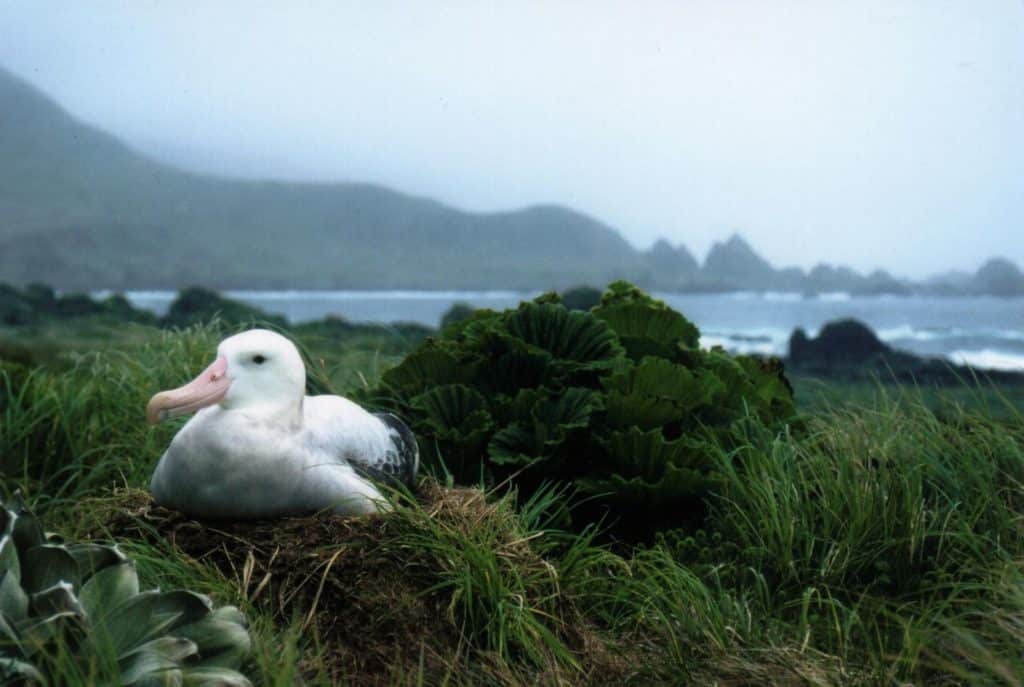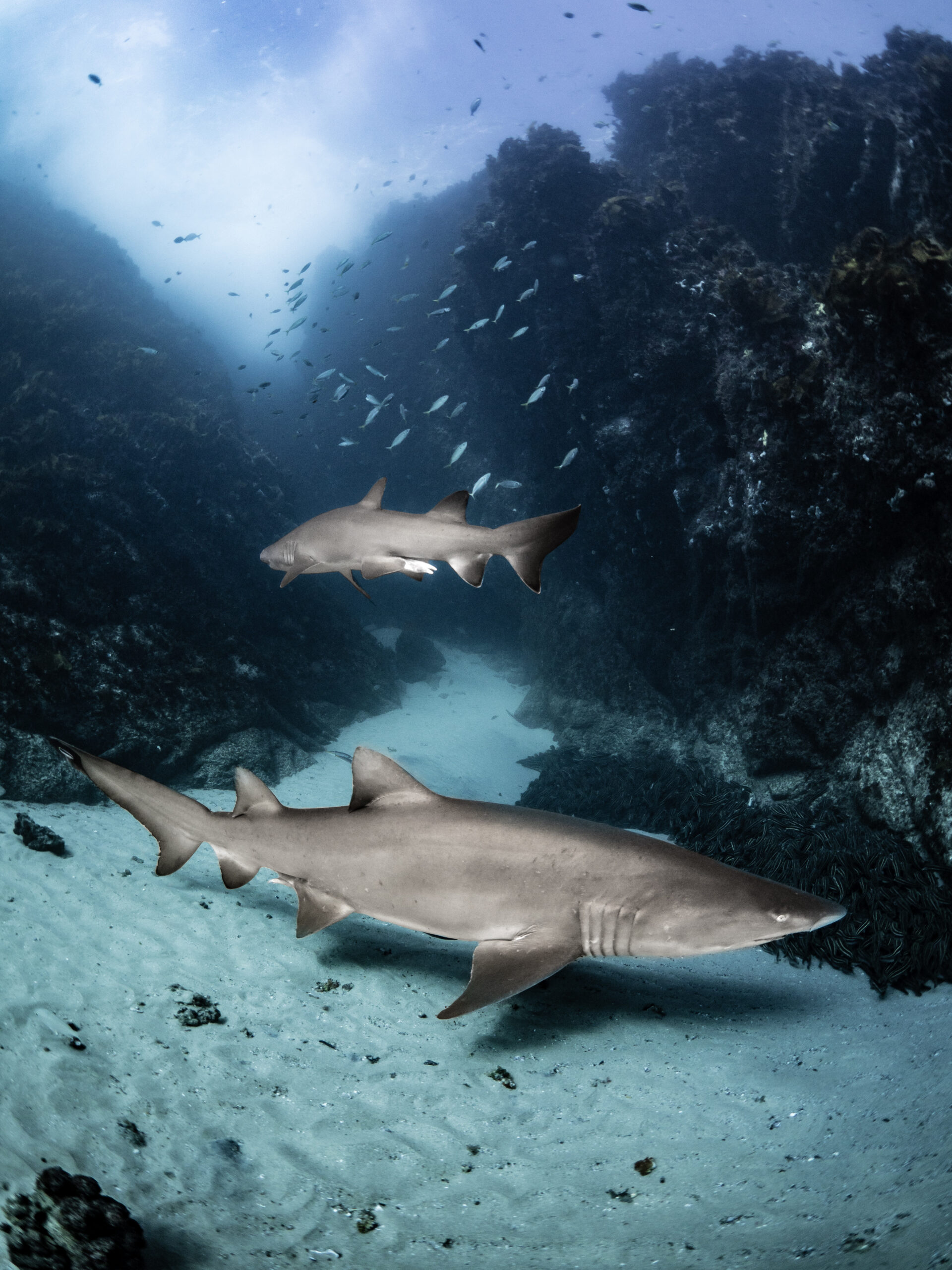SYDNEY (October 2, 2025)―Humane World for Animals Australia is honouring the life and legacy of Dr Jane Goodall DBE, founder of the Jane Goodall Institute and U.N. Messenger of Peace. The primatologist’s name became synonymous with conservation and animal protection due to her contributions to improving the lives of animals, including...
36,000. That is the latest estimate of the number of albatrosses and petrels that drown each and every year in the Southern Ocean on fishing lines. 36,000 birds that leave behind their partners with whom they mate for life, and their chicks sitting on their nest unable to fly, waiting on their parent’s return with food without which they will not survive. And this is likely a conservative estimate.
This is a figure that these populations simply cannot withstand, many of them already at risk of extinction. It is for this reason that at a meeting which HSI attended last week – the Agreement on the Conservation of Albatrosses and Petrels (ACAP) – a conservation crisis for albatrosses and petrels was declared with urgent action required to save these species from extinction. This is on top of the extinction crisis already declared by the UN earlier this month, which warned the world that the rapid loss of biodiversity threatens ‘the very foundations of our economies, livelihoods, food security, health and quality of life’, and that ‘transformative change’ is needed to conserve nature.

HSI has long advocated for greater action by the fisheries management bodies that govern longline tuna fishing, attending countless meetings of the Commission for the Conservation of Southern Bluefin Tuna (CCSBT) to call on countries to take urgent action to conserve seabirds. Setting fishing lines at night and using weighted lines to ensure baited hooks sink more quickly out of the reach of birds are the most effective and readily enforceable measures to prevent albatross deaths. However fishing countries appear unwilling to implement these measures, and fisheries management bodies are unwilling to enforce what rules they do have specifying the use of mitigation measures.
To counter this, ACAP has produced best practice advice to outline how to reduce seabird deaths. However even countries like Australia are failing to implement this advice to its full extent. It is this failure that has led ACAP to declare a conservation crisis, and thus strengthened HSI’s resolve to continue to demand countries give proper attention to the crisis facing these seabirds. HSI believes that if fishers were simply to implement properly weighted lines to quickly sink the bait on the fishing lines out of the seabirds’ reach, it would have significant implications for their survival. Simply put, thousands less birds would die each year.
Next week, HSI will once again be calling for urgent action by fishers at a meeting of CCSBT focused on albatrosses and other animals caught during southern bluefin tuna fishing operations. They can no longer ignore the facts. Countries need to demand higher standards of their fishers equivalent to best practice in order to reduce the number of albatrosses and petrels dying each year. They need to ensure that seabird bycatch is treated with the urgency it deserves and that these numbers are reported accordingly. Transformative change will require countries to require and enforce best practice measures that protect seabirds, as well as fisheries management bodies to set and monitor compliance with penalties for non-compliance. If this is not done, we risk losing these species. The UN is clear, we have no time to waste.
Alexia Wellbelove is a Senior Program Manager at the Humane Society International (HSI). She joined the organisation in 2009. With over two decades experience in conservation her current focus is environmental policy, marine conservation (particularly marine mammal and fisheries bycatch) and wildlife trade. She helped found the Places You Love alliance and serves on a number of state and federal government committees. She has represented Australia as a member of the delegations to both the International Whaling Commission (IWC) and the Convention on Migratory Species (CMS).
A zoologist by training, Alexia returned to Australia in late 2008 after working in the UK environmental sector. This included a spell as an environmental consultant and roles in the NGO sector with the Bat Conservation Trust, the Marine Stewardship Council and as Director of Wildlife and Countryside Link, where she served on a number of UK Government committees.
Header image: JJ Harrison | Wikimedia Commons; Albatross: Catherine Bone


